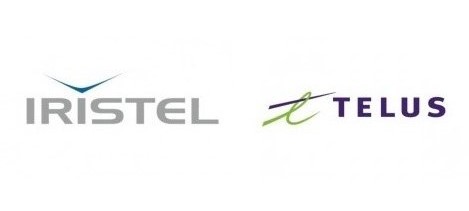
Looking at fines for each of up to $1.25 million
By Denis Carmel
GATINEAU – High long-distance termination rates could provide an incentive to competitive local exchange carriers to increase traffic there because it could be beneficial financially in an era where many phone customers have unlimited long-distance plans. However, a common retaliation approach by incumbents delivering said traffic is to reduce the capacity of certain circuits by carriers.
This is what is detailed in a decision issued Friday where the CRTC put an end to a dispute that started in August 2018 where Telus asked the Commission to order Iristel to stop traffic stimulation, or traffic pumping, to the 867 area code. Just prior to that, Rogers got relief from the CRTC against Iristel on similar charges.
In today’s decision, the CRTC not only ordered Iristel to stop the practice of “allowing the use of 867 NPA telephone numbers (area code) by certain customers based in distant locations, thus increasing the connection costs for other carriers and causing economic harm, while generating revenue for itself through the resulting long-distance call termination charges,” it also reduced the long-distance interconnection rates for 867 (the area code for all three northern Canadian territories) from $0.038 per minute to $0.0098125 – retroactively hoping to reduce the incentive for traffic stimulation.
However, the Commission also concluded Telus’ decision to restrict Iristel traffic, which also affected Ice Wireless calls north “were unjust. While 9-1-1 calls were not affected, long-distance emergency calls and long-distance personal, family, or work-related calls may have been affected, particularly in view of the dependence of citizens in the North on services offered from elsewhere in Canada. A carrier’s concern that a wholesale customer is not using the service as set out in the tariff or is otherwise violating a Commission provision does not give that carrier licence to affect the traffic of its customers,” reads the decision.
“Both Iristel and TCI acted in a way that was self-serving. Such behaviour, which undermines the establishment of an orderly telecommunications system in Canada and the efficiency and competitiveness of that system, cannot be tolerated,” the decision concluded.
So the CRTC, having concluded both parties had violated the Telecommunications Act and initiated another process that will result in the imposition of Monetary Administrative Penalties in the range of $750,000 to $1,250,000 for the companies.
However, on Twitter, Iristel CEO Samer Bishay promised an appeal, tweeting: “The @CRTCeng did not consider all the facts properly and @iristel will be appealing today’s decision as it’s unjust, unfair and certainly doesn’t promote facilities-based competition. Let’s all please stick with a theme. Either Canada is for facilities-based competition or not.”
In an email to Cartt.ca, Telus expressed satisfaction and disappointment, and promised it will fight the decision to level a fine. “While we are pleased that the CRTC has taken positive steps to address the recurring problem of Iristel profiting on artificial traffic stimulation at the expense of other carriers and their customers, we are surprised and disappointed that the CRTC would consider assessing an Administrative Monetary Penalty against Telus and intend to oppose it vigorously. We are also considering whether to appeal the decision,” said spokesperson Richard Gilhooley.



